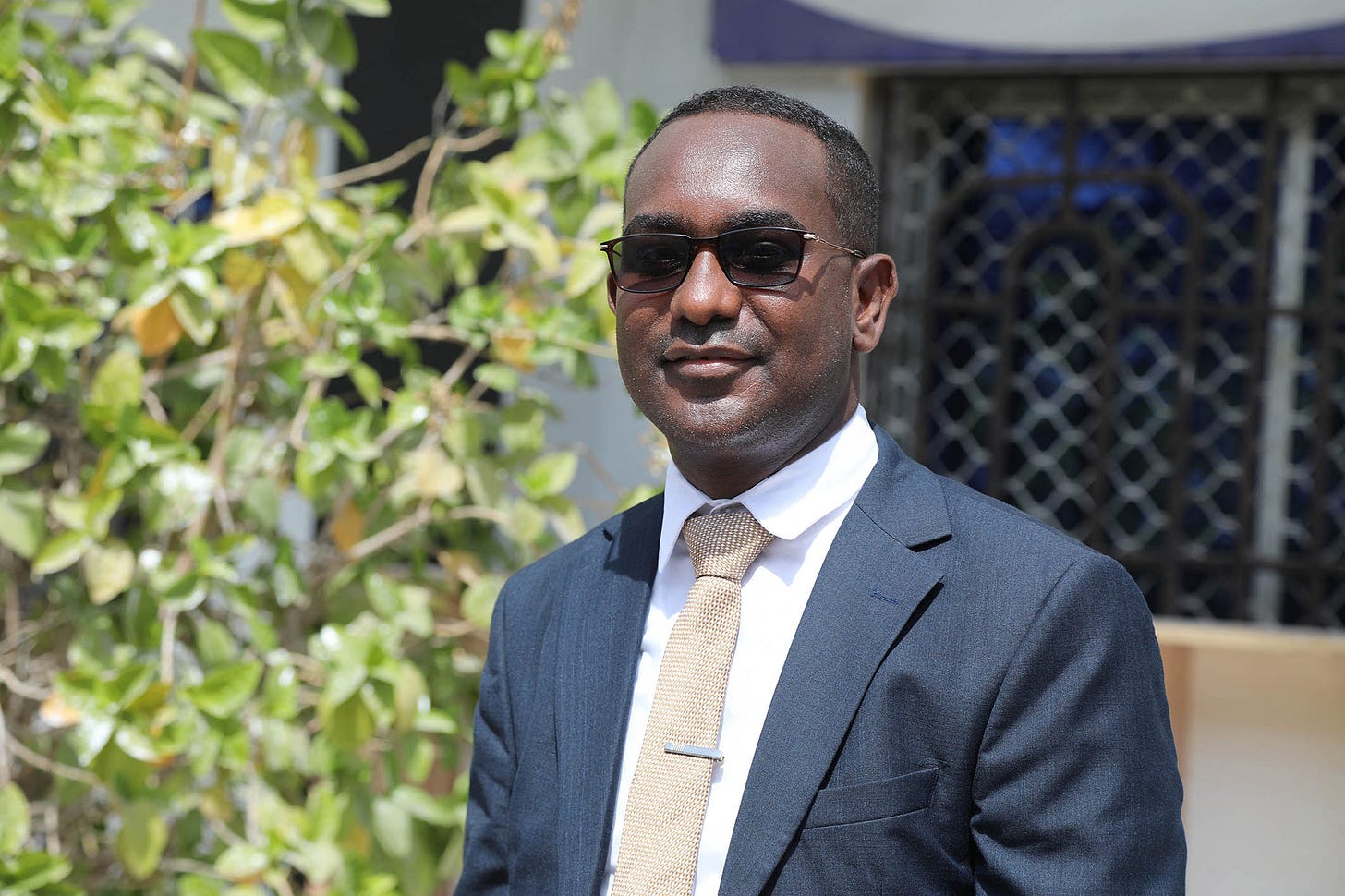Facebook aids and abets Somalia’s war against journalists
Meta’s community standards are supposed to protect users from bad or distressing content. Instead, they are protecting the government from criticism.
Abdalle Mumin

Referring to my interview with exiled Somali journalist Mohamud Carab, Facebook sent him this message on 10 April 2023: “Your post goes against our Community Standards on dangerous individuals and organisations.”
In the interview, I, a veteran editor, recounted my harrowing experiences within Mogadishu Central Prison and the egregious human rights violations perpetrated by the Somali National Intelligence and Security Agency (Nisa).
Despite its clear public interest, Facebook removed the interview without further explanation for the takedown, even when it reinstated it after an appeal from the journalist.
In Somalia, Facebook has evolved into a primary news platform and communication channel, indispensable for both locals and the diaspora. Its own figures say it has 2.4-million users in Somalia. That would be more than 16% of the Somali population.
As traditional Somali media has struggled, Facebook has become a major source for breaking news on both political and security matters. Federal and regional authorities, as well as al-Shabaab militants, use it to disseminate their propaganda and shape public discourse.
The platform does little to protect journalists. It is hard enough already to be a journalist in Somalia. Every day we navigate conflict zones and endure censorship, harassment and targeted violence from both the state and al-Shabaab. Facebook exacerbates these challenges.
You can trace the crackdown on critical journalism via Facebook back to June 2019 when 16 local journalists and citizens had their accounts suspended or permanently closed because of their dissenting views, as Amnesty International reported.
In its 2022 offensive against al-Shabaab, the Somali government found a new pretext for further stifling dissenting voices. The Somali Journalists Syndicate – of which I am the secretary-general – documented dozens of cases of Facebook suspending the accounts of legitimate journalists or removing their content.
This was facilitated by mass reporting, a favored tactic of Somali authorities including abuse of Facebook’s Community Standards, facilitated by Nisa, the National Communication Authority, and the Ministry of Information. Journalists reporting on insecurity, allegations of corruption and government failures in safeguarding civilian populations, particularly in Mogadishu, find themselves targeted.
Facebook’s own flawed moderation system, ill-equipped to comprehend content in the Somali language, has made this abuse of its community standard easy, leaving journalists vulnerable to arbitrary account suspensions. Critical content – including articles, video interviews, and news reports implicating government entities in cases of torture and sexual violence – are routinely removed or restricted, exacerbating the erosion of press freedom in Somalia.
The consequences are felt offline, too: in March this year, journalist Sugaal Moalim Mohamud, who is employed by a state media outlet, was suspended and had his salary cut after he published a Facebook post criticising the conduct of Somali government military operations.
While advocacy groups have demanded accountability from Facebook, the platform’s silence persists.
Facebook’s flawed moderation system, ill-equipped to comprehend content in the Somali language, has made this abuse of its community standard easy
And government officials have hinted that Facebook’s role in this is not just passive. In June 2023 the deputy minister of information, Abdirahman Yusuf AlAdala, said the government had reached an agreement with Facebook to curb content related to al-Shabaab. There is no clarity over what this means, or who determines problematic content; nor whether there are any safeguards in place to protect independent journalism.
Without meaningful intervention from Facebook and a commitment to safeguarding users’ rights, the suppression of dissenting voices through online platforms will persist, perpetuating a climate of censorship and impunity.





